In 2017, the Dutch radioactive waste management agency (COVRA) completed its major, five-year research programme on the feasibility of disposal of the national inventory of higher-activity wastes into the Boom Clay (the OPERA Programme). Neil Chapman and Charles McCombie were members of the Safety Case Steering Group during the project and are co-authors of the final OPERA Safety Case report and Summary, published in December 2017.
In 2014 MCM supported Japanese Nuclear Safety Research Association (NSRA) with development of a structured approach to safety case production for long-lived intermediate level waste (TRU-waste), in particular, bituminised nitrate waste. MCM work included:
Tara worked with Wood (formerly AMEC Foster Wheeler) and NDA and Subject Matter Experts to further understanding of the potential disposal of U308 – primarily with regards to its chemical composition – a material which is likely to arise from the processing of the significant amount of depleted Uranium in the UK waste inventory. The findings were presented at a conference on behalf of the NDA.
In 2010 RWM published a generic Disposal System Safety Case (gDSSC) to demonstrate that a disposal facility for UK higher activity radioactive waste will be safe to operate, will remain safe after it has closed, and will meet all applicable regulatory safety requirements. In support of this programme of work, MCM partners and staff were responsible for:
Science & Technology Facilities Council
Rutherford Appleton Laboratory
Building R104, Office 2‑12
Harwell Campus
Didcot, OX11 0QX
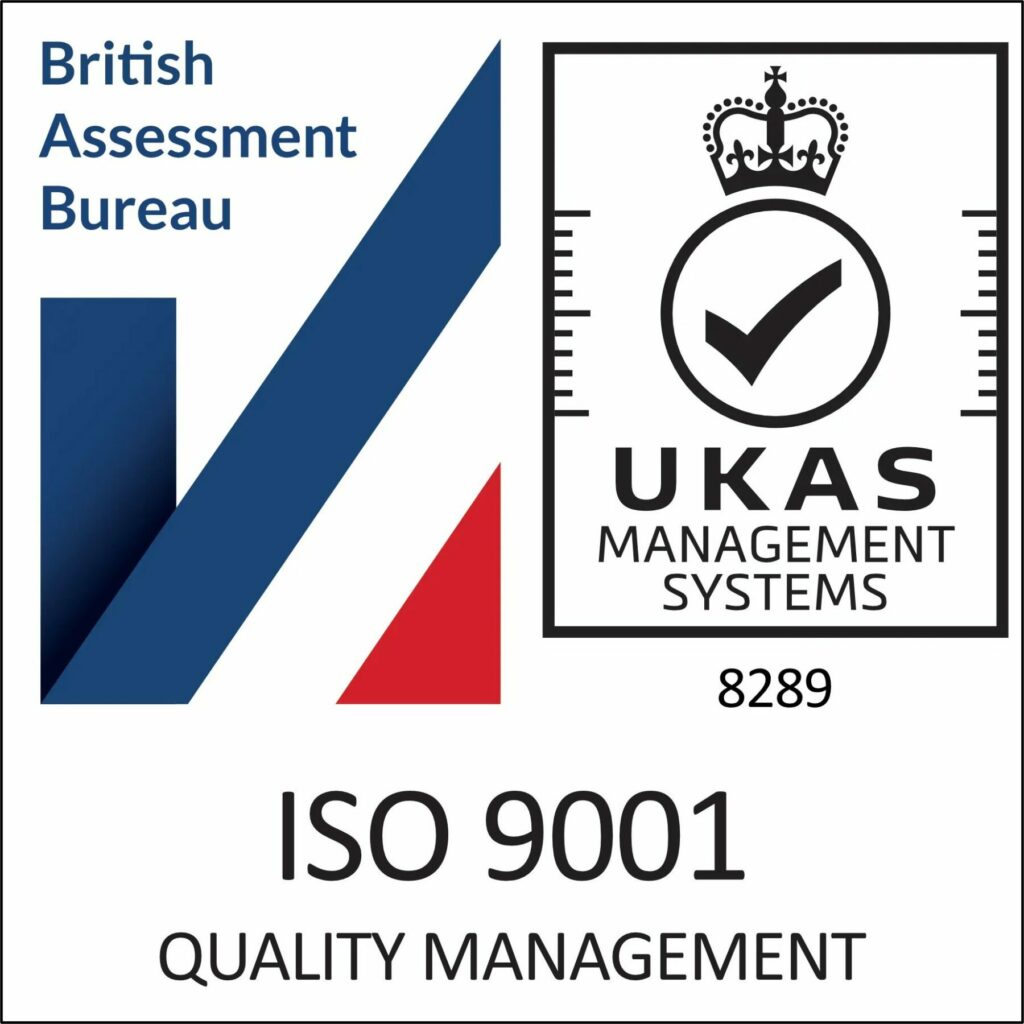

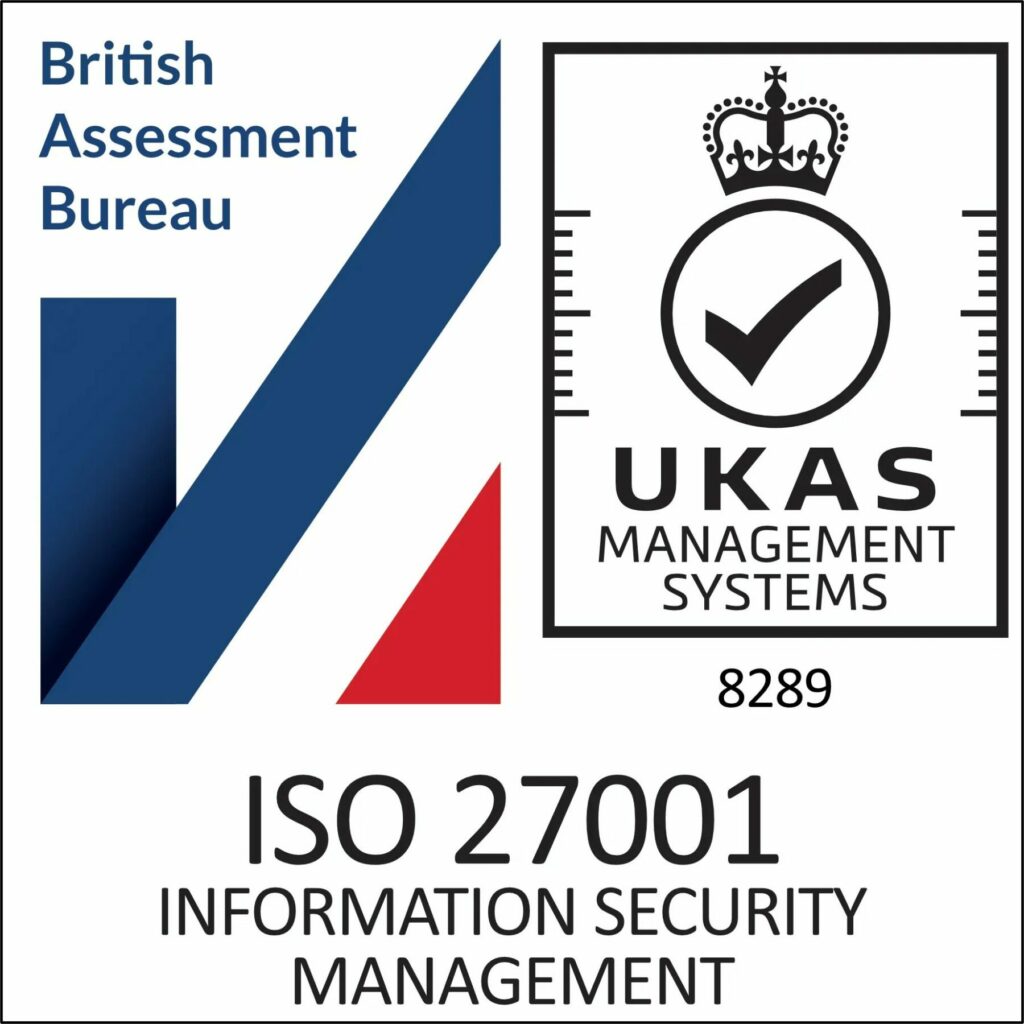
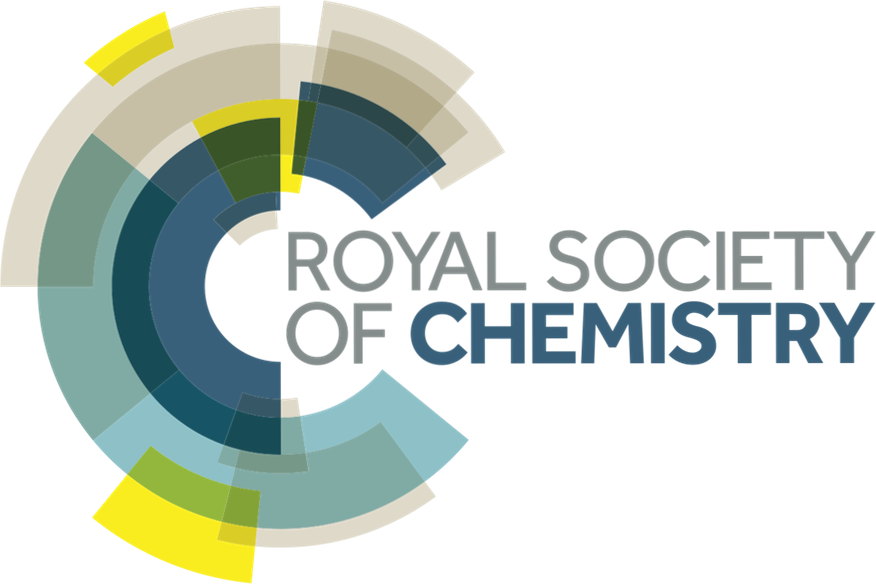
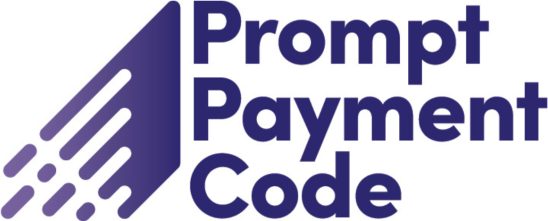

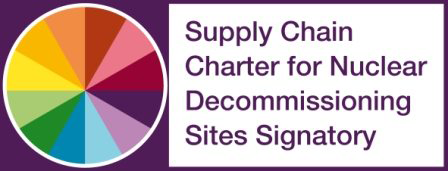
©2025
MCM Environmental Services Ltd